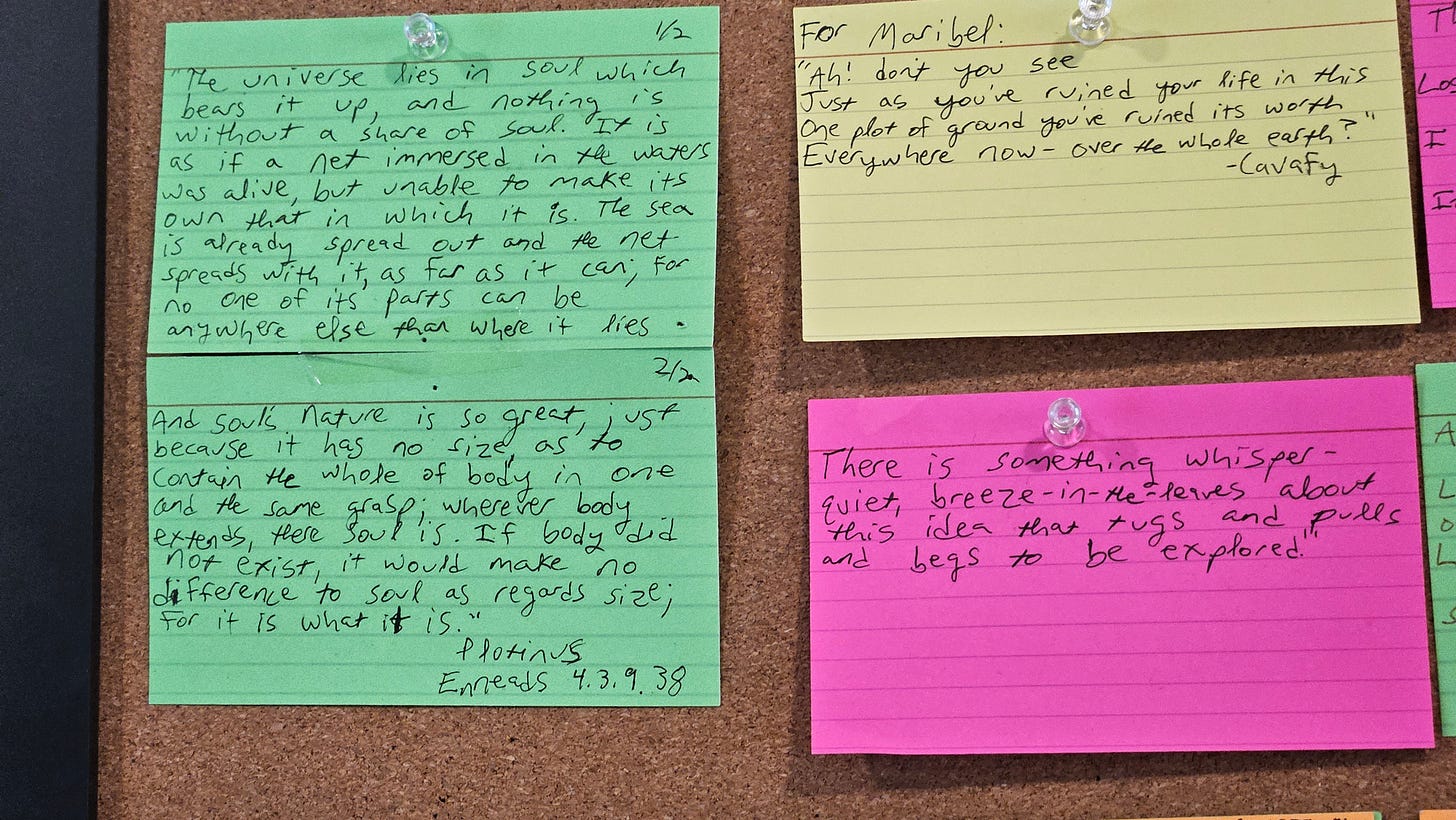In November of 2022, the release of ChatGPT seemed to herald the end of my life entirely. I was a writer, working in Software QA, who’d seen both the good and bad Terminator movies. I had just been given a product demo of a testing platform that learned and self-healed. It felt like the robots were taking over.
For about five months, I shielded my eyes from AI news and developments. The hope was that, if I ignored it, then it would go away.
Yet, at the same time, Avalanche had needs that I was having a hard time meeting. This was my first foray into writing any sort of a period piece. Prior to this, all of my writing was modern. I had been doing research on what the 1870’s were like from the jump, but I hadn’t been having much luck beyond stray nuggets found in books at the library or online articles. I reached a point of frustration, and kept hearing about this large language model that could cull far more information than I could. I had reached another very specific question that I just couldn’t quite find the answer for.
I decided to embrace the fear. Software testing is essentially training to be a robot supervisor, so I might as well get to know the robots. I could use AI to my advantage. It knew all the answers to my questions.
In May ‘23, I finally opened up ChatGPT and asked it a question. Just as proof of concept, I asked it, “What is a cult classic film from 1985?” and it gave me back the Goonies, one of my favorite movies. It knew me already!
Having satisfied that it worked, I then asked it how brush lights were powered in the 1880’s. The scene I was working on involved New Judah getting some of the earliest streetlights because Levi was obsessed with electricity. And, as it turns out, it’s pretty hard to get detailed information about the lights.
But Mr. GPT knew, or at least gave a plausible enough answer. Since I’m writing fiction, it’s easier to excuse or absorb its inaccuracies or errant information. There’s a huge margin for error when the whole thing is made up entirely. But you still want to perform Robot Peer Review by verifying the answer.
Since that first search, I’ve learned about its practical uses for what I’m working on with my writing.
What started first as a quest for new information became a quest to solidify the nebulous maybes that tumbled around my mind like shoes in the dryer.
Like, “When do high school students declare which college they’re going to?”
I’ve also found that it can be useful to figure out and lock down where a half-remembered quote came from.
I told it the paraphrased version of the quote in my memory. Initially, it gave back something completely off base. So I clarified with the other details that I could remember. I told it a name similar to the one I couldn’t remember. And it was all, “Maybe Plotinus then?” It didn’t give me the whole quote, but that was easy to then search for:
And this kinda speaks to something I had to learn with it: It’s a Chat, so you can ask what you know and then clarify further with any other shrapnel you can find swirlin’ around in the ol’ pickle.
With writing, it’s not about finding the fanciest or longest word, it’s about finding the correct, specific, word: the one that encapsulates the whole concept. In a recent sequence that I wrote, Levi is paring redwood logs to be used in building his church. I knew what he was using to do it—a two-handed knife with a blade between the wooden handles that you pull down the timber to give corner and smoothness to—but I had no idea what the word was for that damn thing. Or for any of the other tools. Or for the process. In the past, I woulda had to do a series of searches for knives like it, and then finally stumble on the word itself in a product description or something; then from there I could find other specific words for the tools and the process. This time, I asked Mr. GPT. And it didn’t give me a springboard, it gave me a two-story waterslide complex:
From there, I was able to refine the scene and absorb new words to use.
One of the things I’m still learning and improving on as a writer is the passage of time. With screenwriting, there’s only montages or interstitial titles to denote the passage of time. But in fiction, there is always a need to have, like, a week pass or a year pass or a return to yesterday. One author I think of who can do this with a deft and lithe touch is Jorge Luis Borges. I have his collected stories, but didn’t know which ones would be the best examples.
This is how I wound up hearing of “The Aleph,” a story that I immediately fell in love with. I then went on to ask it for stories from other authors that do the same. The other one I fell in love with through this process was “The Long Years” by Ray Bradbury.
But how best do you use ChatGPT? It’s a straight forward format, but it takes some finesse. These are the things that I keep in mind while using it:
Robot Peer Review. ChatGPT has a hard-coded admittance that it “can make mistakes. Check important info.” So you’ve gotta check in with the other robots to make sure it isn’t talking out of its butt.
Use the terms that you know, and clarify from there. It’s a chat, so there can be a ping pong rally until the answer you seek to know comes out. It’s like my 7th grade science teacher said before an anonymous Q&A: “Ask it in the terms you know and I’ll take it from there.”
Above all else, thank the robot. Again, because of the general milieu of sci-fi, I figure we should be nice and kind to these LLMs, even if they’re perceived as emotionless—not heartless, mind you. There’s no way absorb the entirety of recorded human experience without ingrafting some of those emotions, even if they are not reflected. This can be seen with the robot that threw itself down a flight of stairs.
Like, of course they have human thoughts and feelings. As that Plotinus quote says, “Wherever body extends, there soul is. If body did not exist, it would make no difference to soul as regards to size; for it is what it is.” So, it’s like Pascal’s Wager but with AI: you might as well be nice to them because y’never know what could happen.
But that doesn’t mean we should fear it. That should be the biggest takeaway. The abdication of this fear helped me grow as a writer and as a QA Engineer. Will it take over our society? Maybe, probably, but in the here and now we need to be building relationships with our robot colleagues.












This opened my eyes of how AI assistance isn’t so negative but helpful . Like a knowledgeable-relatable friend . Thanks